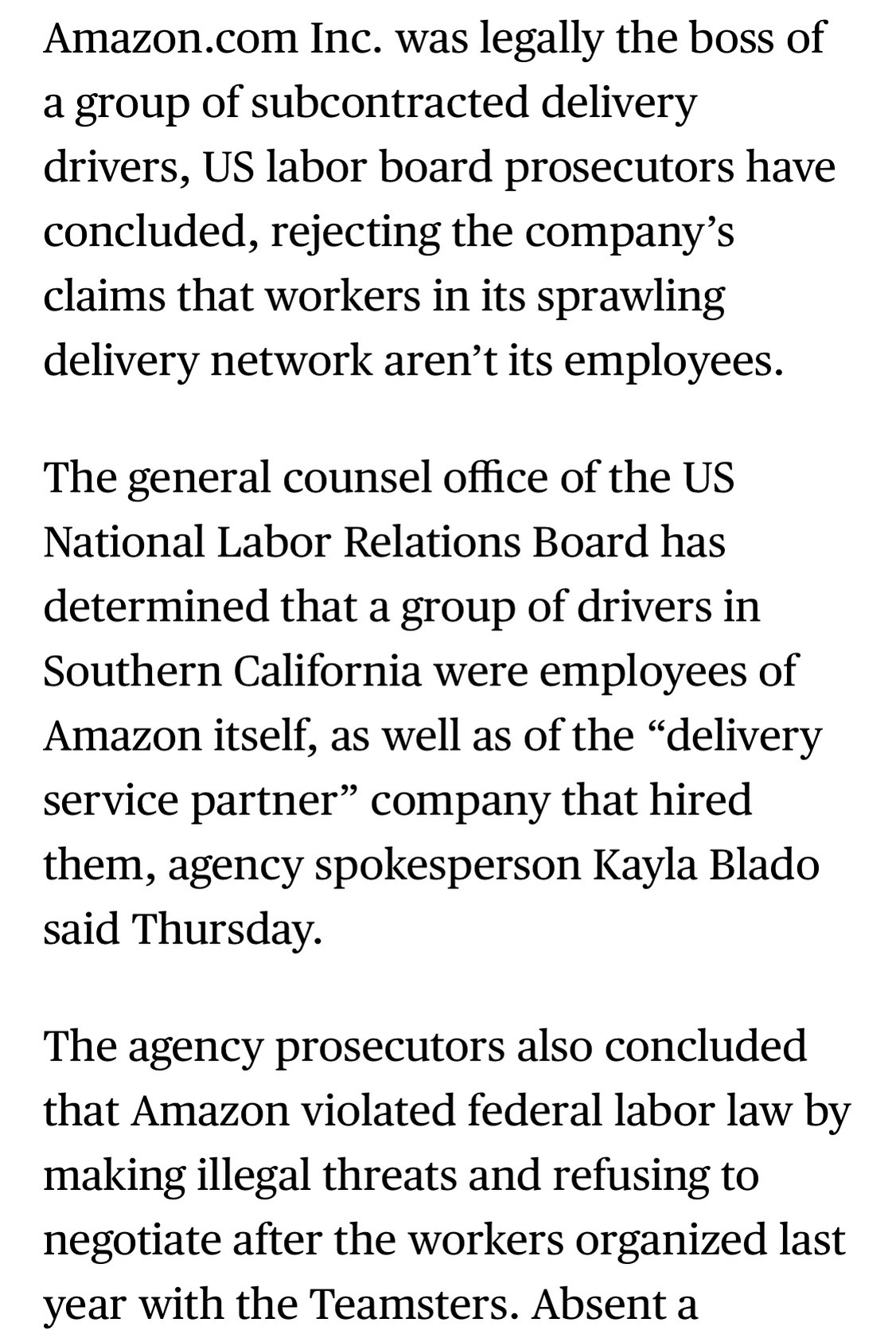@jgordon “the deadliest year for underground violence was 1981, when eleven people were killed in bombings and bank robberies gone bad.”
now compare with contemporary mass shootings. we are living through a much weirder period. we, like they, just don’t see it, because it is the water that we swim in.
@baldur a democratic government could limit or regulate these uses. it might be satisfying, might be morally accurate, to blame global demand, but that’s unlikely to be very effective. but you have a state. in fact you have the benefit of a state unusually close to you and your fellow citizens. rather than, or in addition to, raging on social media at market forces, i wish you every success in making use of it.
@kentwillard some of the people who consider voting for Trump just want retribution against those they resent for sure. but a much larger group i think legit thinks we are collectively in a cult-de-sac, we can’t get anything done, and someone willing to break a few eggs could fix things. this group should be reminded that a political party with a serious mandate could get things done too, with less likelihood they or theirs end up broken eggs.
@ZaneSelvans @luis_in_brief (thanks for the heads up!)
when you are young, the world around you seems comfortable, familiar, while the past seems exotic, even alien.
when you are old it’s just the other way around.
I think the following messaging would be useful and true:
“We don’t need a strong man to fix what’s broken in this country. An electoral landslide for a party committed to democracy would enable action and solution just as vigorous, without the lawless unaccountability of a tyrant.”
@GreenFire instead of a statement, maybe he could, like, write a letter.
i wanna quip that this is a campaign fueled by joy and gasoline, but i wonder if anybody would get the joke, and if they do, it doesn’t really quite fit.
@djc i think that’s right. but it’s a strange kind of democracy we’re running right now, is all i’m saying.
We’re kind of in a “You can read the bill after it passes” moment.
 Text: Amazon.com Inc. was legally the boss of a group of subcontracted delivery drivers, US labor board prosecutors have concluded, rejecting the company's claims that workers in its sprawling delivery network aren't its employees. The general counsel office of the US National Labor Relations Board has determined that a group of drivers in Southern California were employees of Amazon itself, as well as of the "delivery service partner" company that hired them, agency spokesperson Kayla Blado said Thursday. The agency prosecutors also concluded that Amazon violated federal labor law by making illegal threats and refusing to negotiate after the workers organized last year with the Teamsters.
Text: Amazon.com Inc. was legally the boss of a group of subcontracted delivery drivers, US labor board prosecutors have concluded, rejecting the company's claims that workers in its sprawling delivery network aren't its employees. The general counsel office of the US National Labor Relations Board has determined that a group of drivers in Southern California were employees of Amazon itself, as well as of the "delivery service partner" company that hired them, agency spokesperson Kayla Blado said Thursday. The agency prosecutors also concluded that Amazon violated federal labor law by making illegal threats and refusing to negotiate after the workers organized last year with the Teamsters.
@djc @scott there’s a name for that idea, “liquid democracy”. i haven’t looked at in a while, but a quick search shows a lot of discussion.
@desafinado sure, but both apply. personalism is a way of thinking that emphasizes the person and personal as key to understanding more broadly. in this sense, using a personal narrative as means of exploring and expressing ones political project is quite personalist. when we talk about a personalist leader, we conflate support of a person with support of a political project. the two senses are not the same, but they are not unrelated.
@marick @scott I really, really yearn for that kind of democracy. Without human access to representatives, it all loses form.It isn’t practical for us to be personally acquainted with US Presidents, but for legislatures and assemblies at a state and local level absolutely (though we might consider dividing bigger states), and i even play with ideas at the federal level. https://www.interfluidity.com/v2/9069.html
Parties once helped fill this role. But, ha!
@Lampa there are, but are they competing exactly? there’s a lot of admiration and fealty expressed by pretty much all of them, not to a platform or a party, but to a person.
@kentwillard to be fair, the contemporary Republican party has pretty fully acknowledged Iraq, not just with loose words but with some degree of accountability. none of that war’s protagonists have any place in Trump’s party. indeed some have become quite partisan Democrats (while retaining conservative views and commitments).
so many personalist narratives, from the party offering the alternative to personalist autocracy.
it suggests we’re in a pretty dangerous place, i think. parasocial attachment seems more in tension with than supportive of deliberative democracy. even when the object of attachment is not a wannabe dictator dick.
